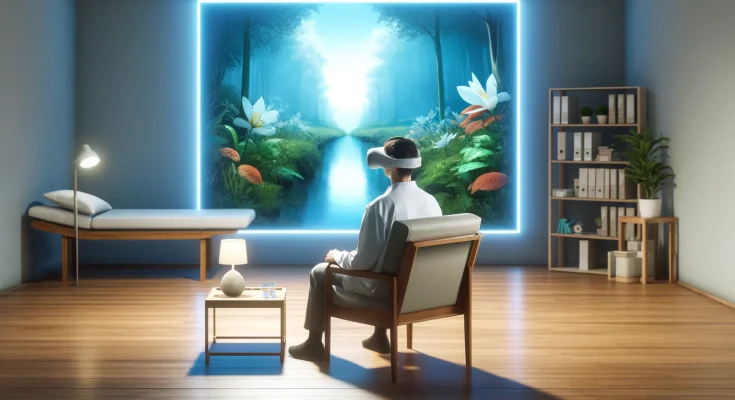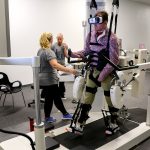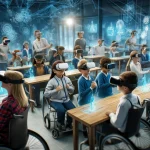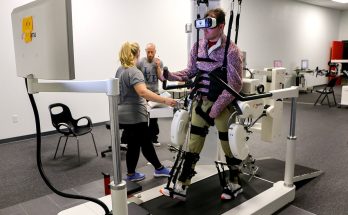Virtual reality (VR) is rapidly emerging as a transformative tool in the field of mental health treatment, providing new pathways for addressing challenging conditions such as post-traumatic stress disorder (PTSD), anxiety, and specific phobias. By leveraging immersive environments to safely simulate situations that patients can learn to confront, VR therapy represents a groundbreaking approach in psychological treatment. This article delves into the benefits of VR-based therapies, explores significant clinical trials, shares patient testimonials, and discusses the promising future of VR in mental health.
Introduction to VR Therapy
VR therapy involves the use of virtual reality technology to create controlled, immersive environments where patients can interact within scenarios under the close supervision of a therapist. This method allows for a safe space to expose patients to their fears and traumas without the real-world risks, making it a powerful tool for cognitive-behavioral therapy. Therapists can adjust and customize virtual scenarios to suit the specific needs of each patient, providing targeted interventions that are both flexible and highly effective.
Case Studies and Clinical Trials
The effectiveness of VR therapy is supported by a growing body of research. Significant studies have demonstrated its benefits across a variety of conditions. For instance, veterans suffering from PTSD have shown improvements after undergoing VR exposure therapy, where they relive traumatic events in a controlled manner to reduce anxiety over time. Similarly, individuals with phobias like fear of heights or flying have benefited from gradual exposure in virtual environments, which help to desensitize their fears in a safe setting.
One notable study published in the American Journal of Psychiatry found that VR therapy significantly reduced paranoia and anxiety in patients with psychotic disorders by allowing them to face social situations that they typically found distressing in the real world. These studies underscore the potential of VR as a complement or even alternative to traditional therapy methods.
Patient Experiences
Testimonials from patients who have undergone VR therapy often highlight profound impacts on their ability to manage and overcome their mental health issues. For example, a patient with severe social anxiety might use VR to simulate public speaking or social interactions, which, over time, can help reduce anxiety symptoms and improve their confidence in real-life situations.
Patients have reported feeling a sense of accomplishment and empowerment after successfully navigating scenarios that would have previously triggered significant stress or fear. These personal breakthroughs are pivotal, as they not only demonstrate the efficacy of VR therapy but also illuminate its impact on improving quality of life.
Future Directions
The field of VR therapy is poised for rapid growth, with ongoing technological advancements opening new avenues for treatment. Future directions include the integration of artificial intelligence to create more personalized therapy sessions based on real-time patient responses. Furthermore, there is potential for VR therapy applications that patients can use at home, increasing accessibility and convenience for ongoing treatment.
Researchers are also exploring the use of VR for a broader range of mental health conditions, including depression and obsessive-compulsive disorder, suggesting a wide-reaching potential that could fundamentally change therapeutic practices.
VR therapy represents a significant advancement in mental health treatment, offering effective, efficient, and safe modalities for patients grappling with various psychological conditions. As VR technology continues to evolve and become more accessible, it holds the promise to not only supplement traditional therapeutic methods but to possibly stand on its own as a comprehensive treatment option. The continued exploration and implementation of VR in mental health care will undoubtedly unlock further potential, providing hope and healing for those in need.







